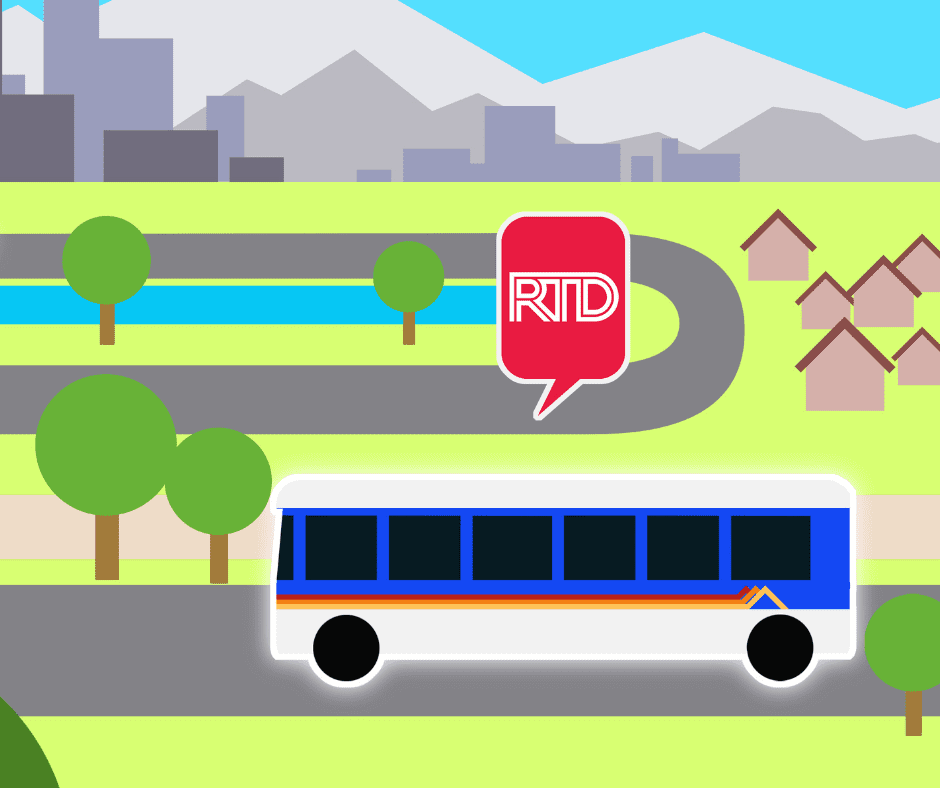Charles Brennan provided testimony in support of House Bill 24-1129, Protections for Delivery Network Company Drivers. CCLP is in support of HB24-1129.
Recent articles
CCLP testifies in support of TANF grant rule change
CCLP's Emeritus Advisor, Chaer Robert, provided written testimony in support of the CDHS rule on the COLA increase for TANF recipients. If the rule is adopted, the cost of living increase would go into effect on July 1, 2024.
CCLP testifies in support of updating protections for mobile home park residents
Charles Brennan provided testimony in support of House Bill 24-1294, Mobile Homes in Mobile Home Parks. CCLP is in support of HB24-1294.
CCLP’s legislative watch for April 5, 2024
For the 2024 legislative session, CCLP is keeping its eye on bills focused on expanding access to justice, removing administrative burden, preserving affordable communities, advocating for progressive tax and wage policies, and reducing health care costs.
Equitable Vaccine Distribution? Leverage Existing Transit Infrastructure.

In the months since the COVID vaccination efforts kicked off in the state, we’ve made enormous strides – over half of Colorado’s state population has been at least partially vaccinated to date, and community vaccine sites are emerging thanks in large part to organizations and leaders championing the cause. While there may no longer be eligibility and appointment restrictions, other barriers keep our metro Denver residents from getting vaccines. More recently as more people have gotten vaccinated, demand has declined, and dose availability has increased, a default narrative is taking center stage: that those who remain unvaccinated are choosing not to be so. However, the reality is that many of our Black, Brown, Indigenous and other People of Color (BBIPOC) and low-income community residents do not have transport options that are affordable, accessible, or reliable to get to and from vaccine sites. In fact, many residents that are looking for a vaccine are also looking for a ride.
As we reimagine recovery and revolutionize how we use the built environment to support public health and community well-being, we encourage going further in leveraging existing infrastructure to better connect services to the people.
Thanks to an analysis (see below for link) of RTD’s Park-n-Ride (PNR)s, we have a better understanding where the need is and what locations would best serve those who are hardest to reach. PNR locations are suitable for semi-permanent vaccine sites because they are accessible by public transit, car, and other micro-mobility options, they have established infrastructure such as protected areas, utility connections and waste management services, and they tap into and enhance existing infrastructure to meet the moment and ensure access to services as a public health necessity. The report’s author, Luna Hoopes, identified 36 PNR sites as eligible for semi-permanent vaccine operations to serve our low-income and BBIPOC communities who often rely on public transit, have been disproportionately impacted by COVID and will likely need a more sustained rollout due to other access issues and potential need for booster shots.
While this analysis show gaps in vaccine site distribution as a snapshot in time and the landscape is evolving rapidly as we move away from mass vaccination sites to community-based locations, it reveals a strategic and timely opportunity to provide easily accessible vaccine sites through existing infrastructure. In Covina, CA, the Foothills Transit agency had built a three-level bus depot and PNR garage last March just before COVID hit. The transit agency pivoted to use this new space to provide an easily accessible location for transit riders to get vaccinated. They also “wanted a location that would support the community where this transit center is located.” Across the country, at least 450 public transportation providers are providing free transit to vaccination sites, according to those behind the VaxTransit campaign aimed as providing those without transportation access to vaccines.
We know that transit agencies across the country have been rocked by devastating loss of riders, issues hiring bus and train operators, and an unpredictable future as we climb out of the pandemic mess. Instead of continuing to place more of a burden on RTD to go out of its way to transport people to vaccine sites, why not bring the two services together and remove that additional burden from RTD? We can partner with vaccine operators to utilize RTD’s existing infrastructure to reach more people and take advantage of existing opportunity. By placing one service near another service, the resulting proximity and ease will allow more equitable access to those who most need and deserve it, and give more residents a fair shot at getting a shot.





